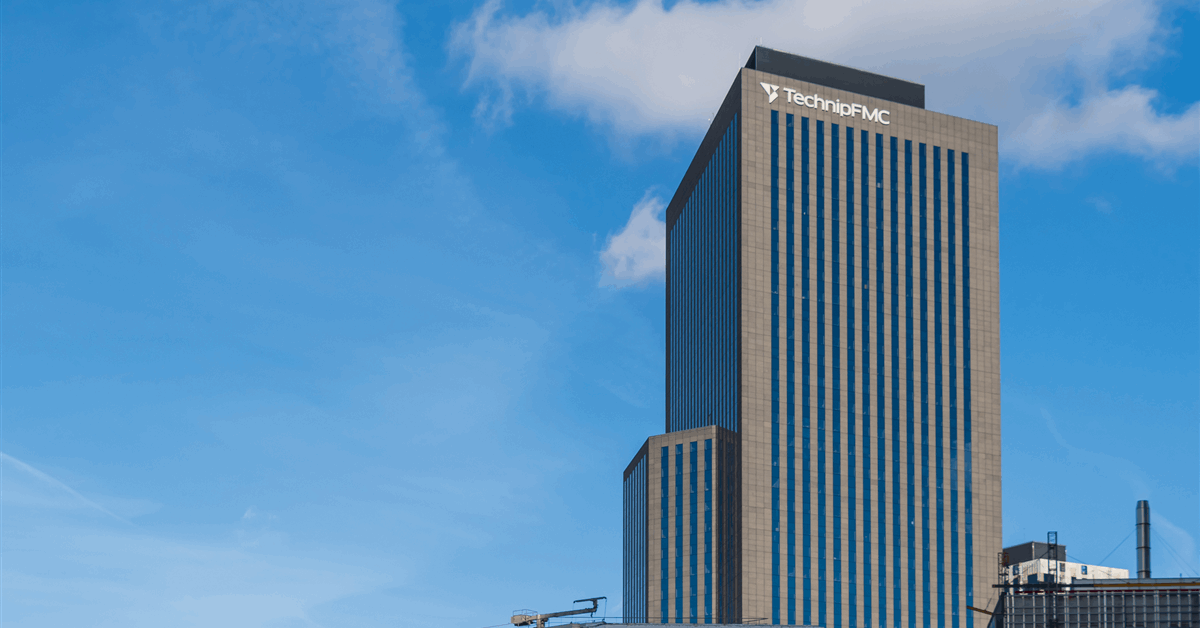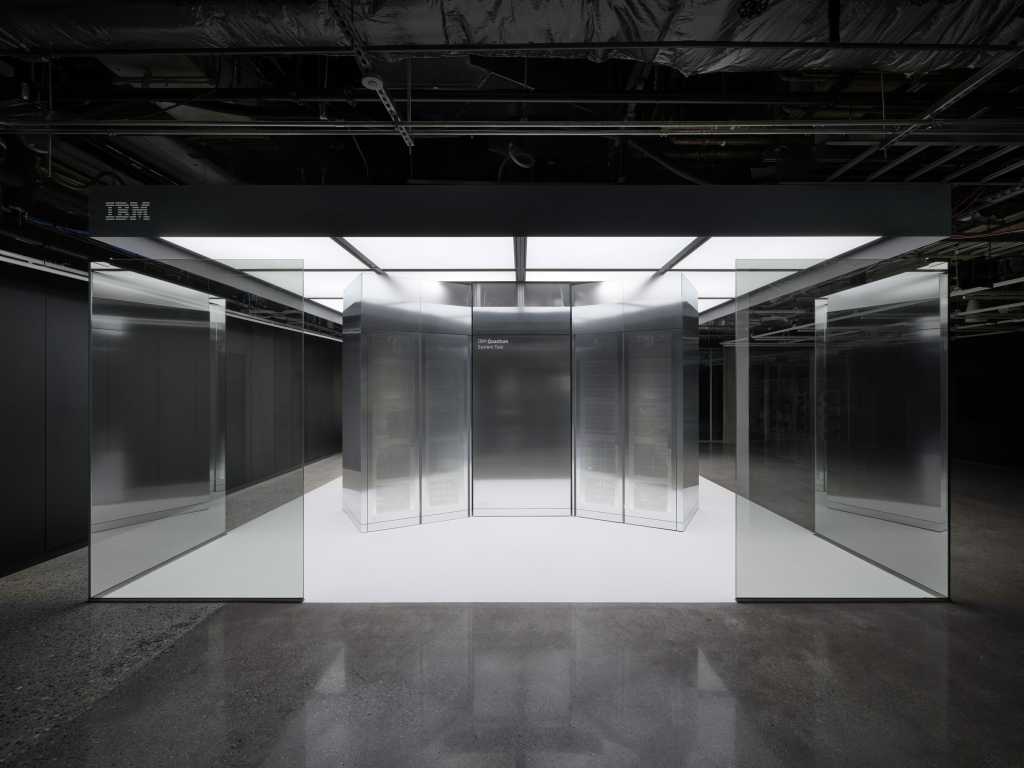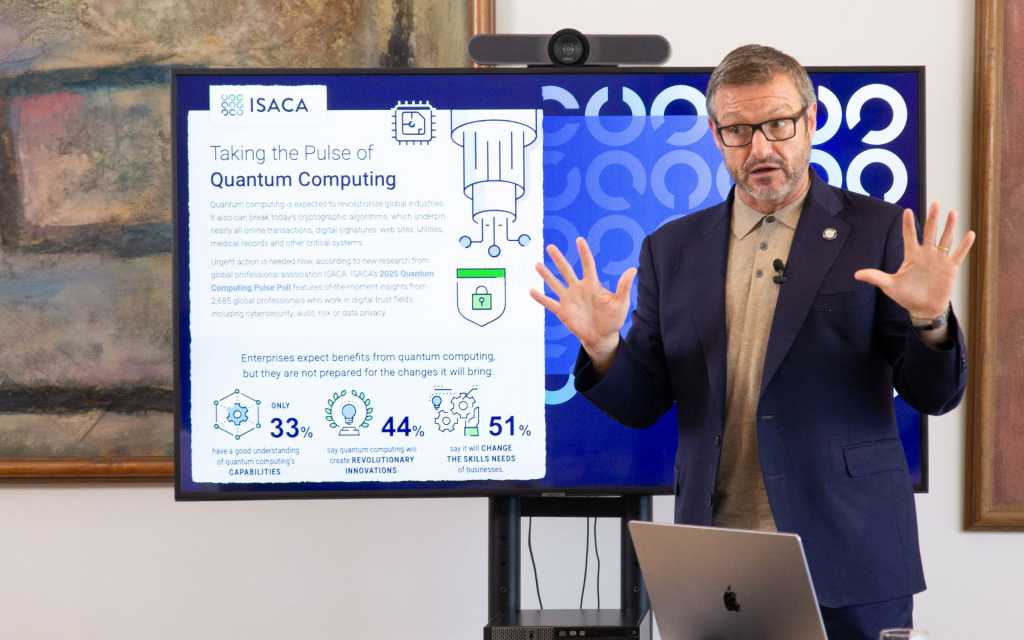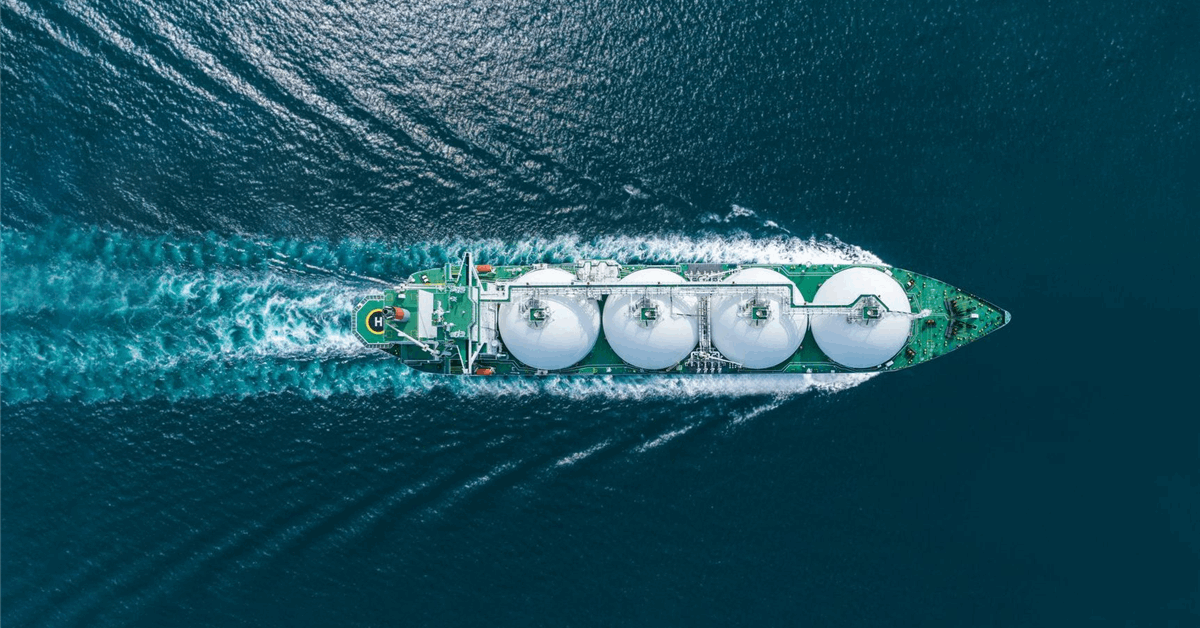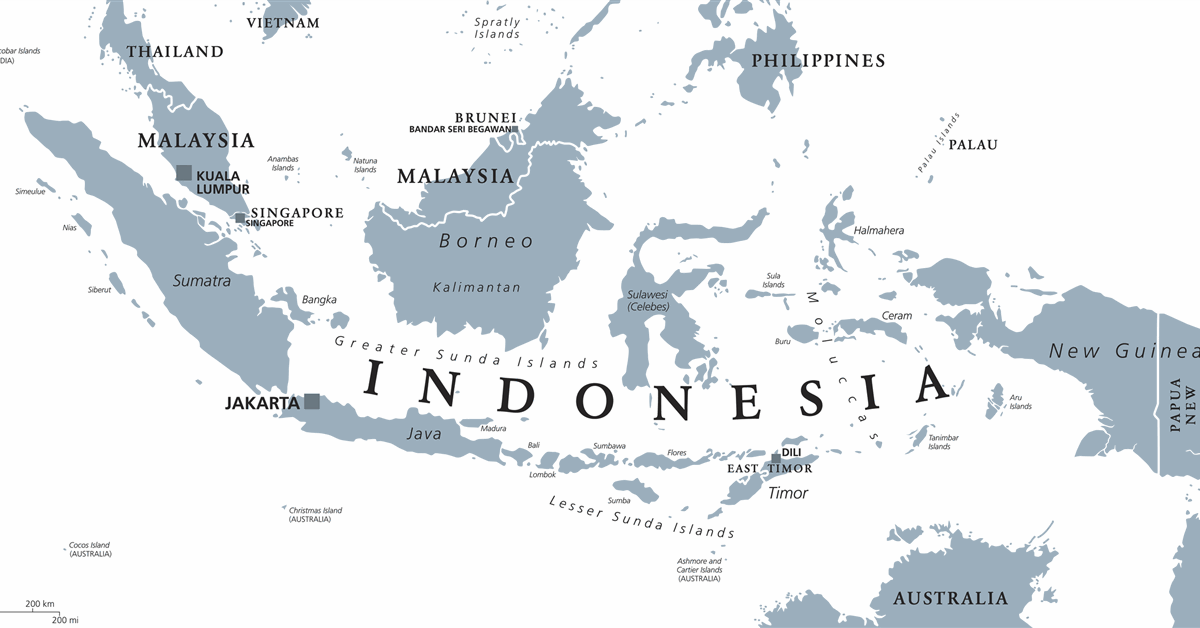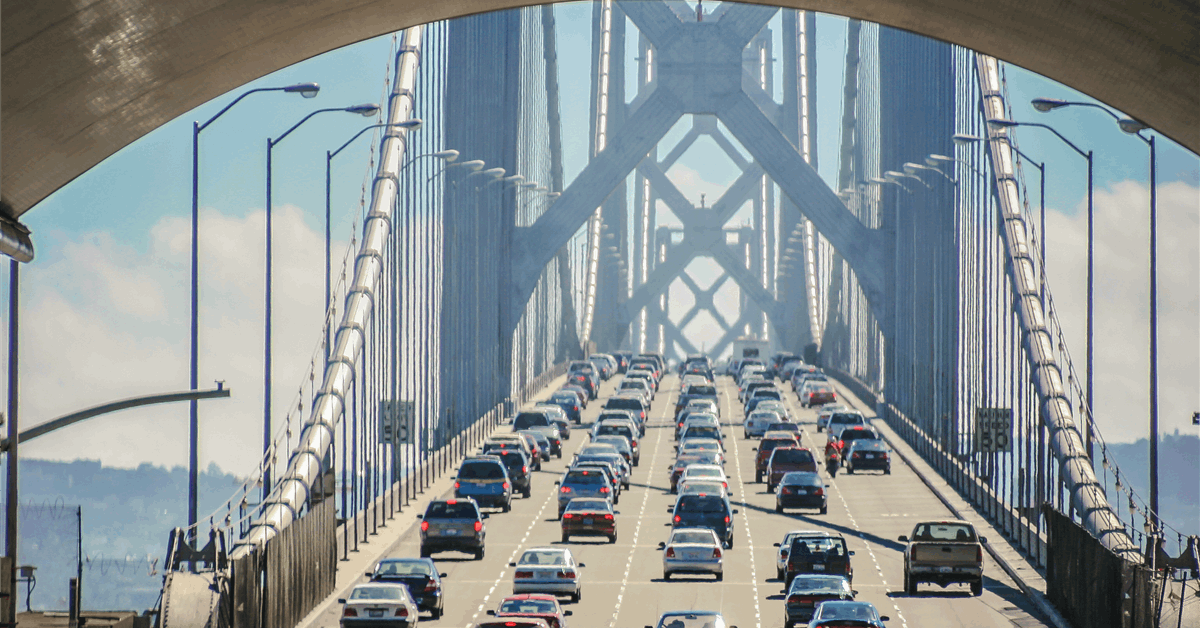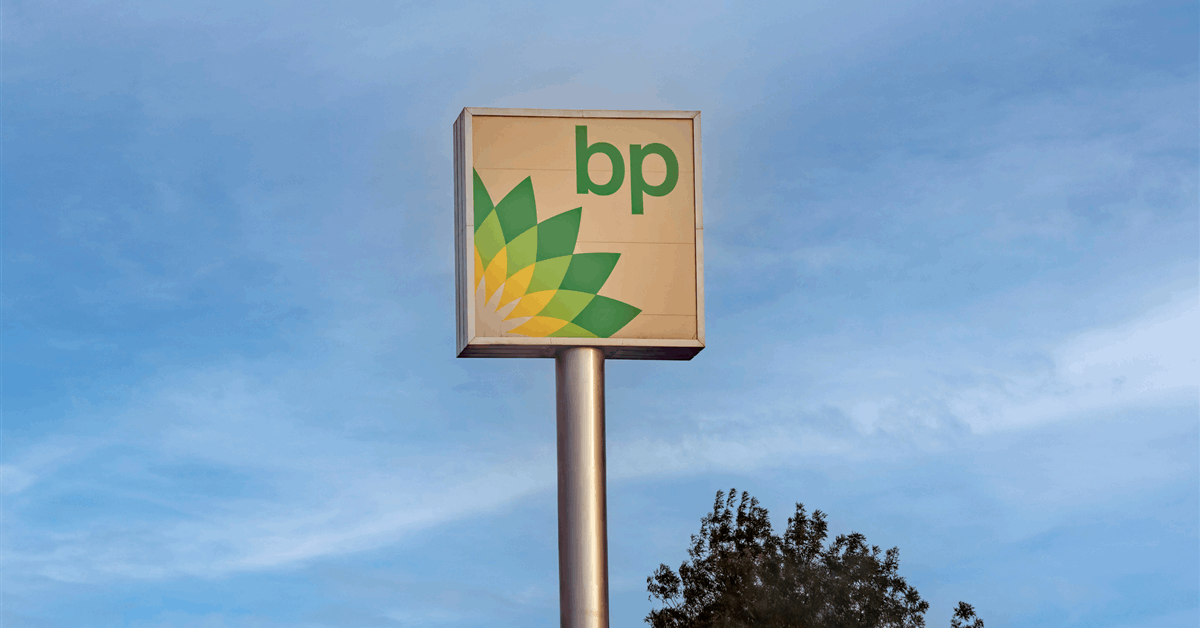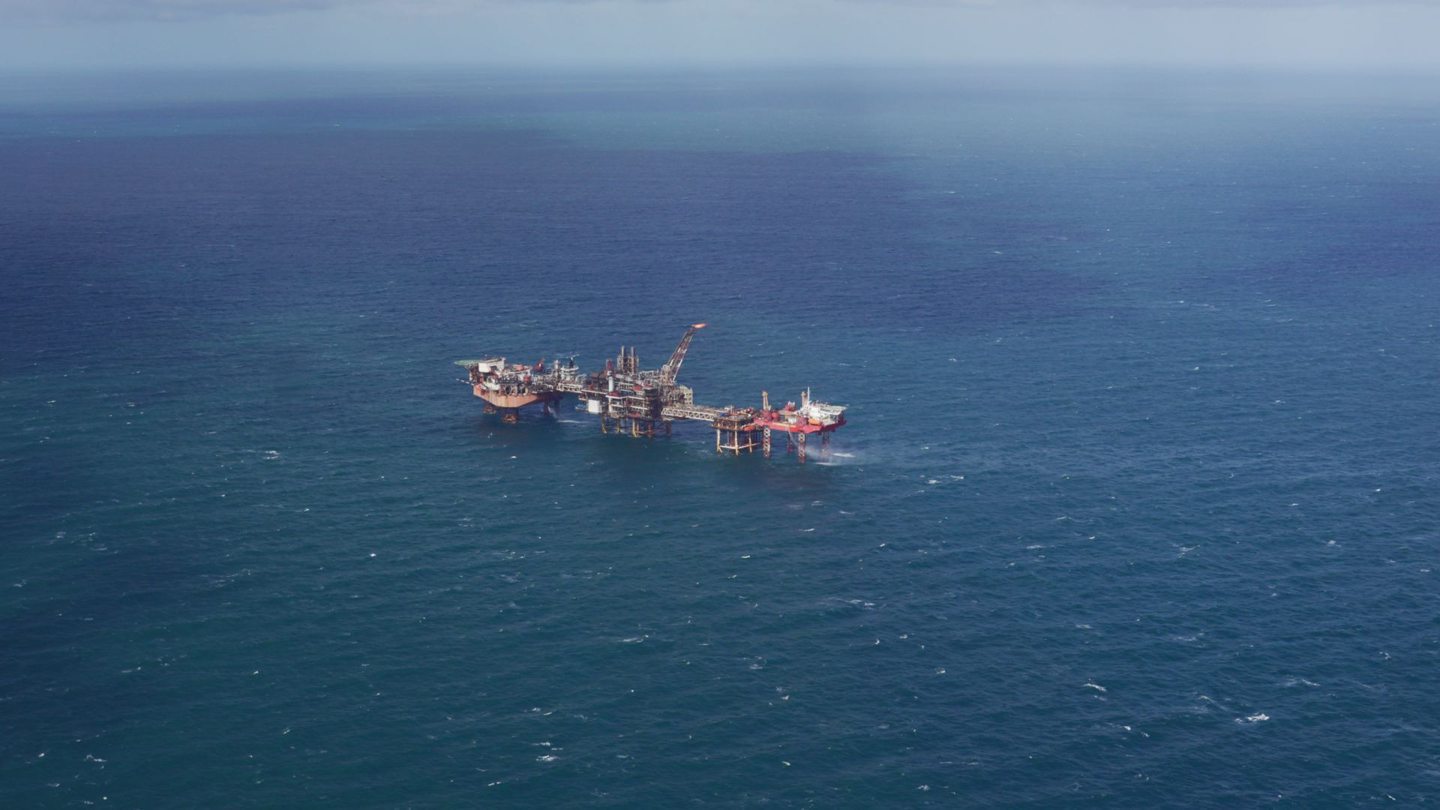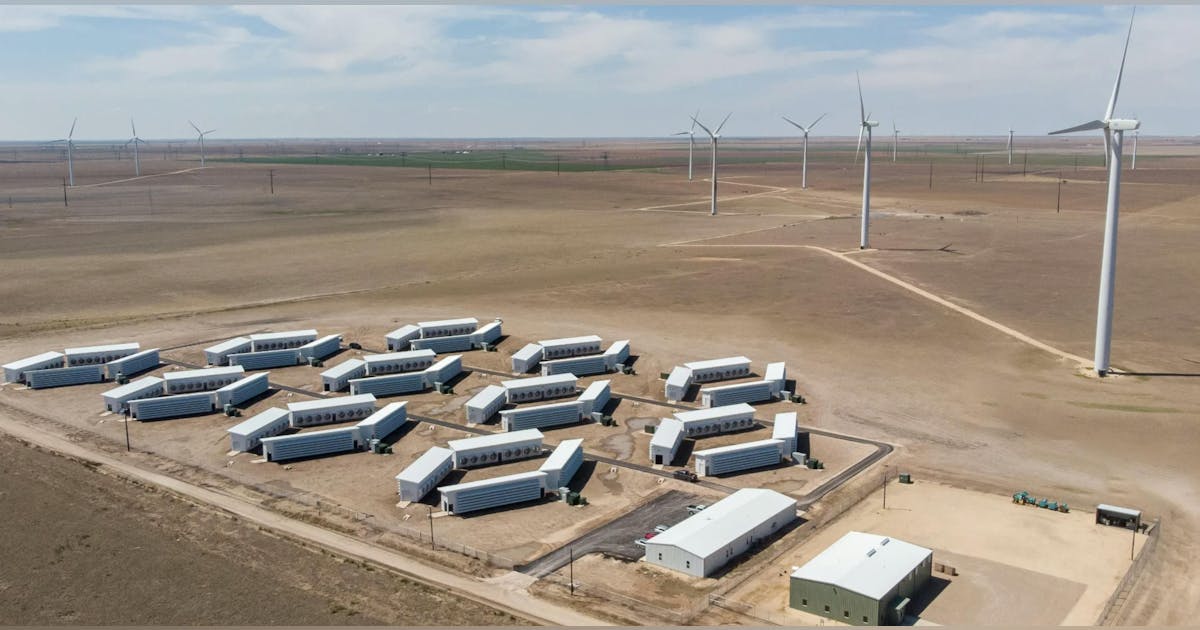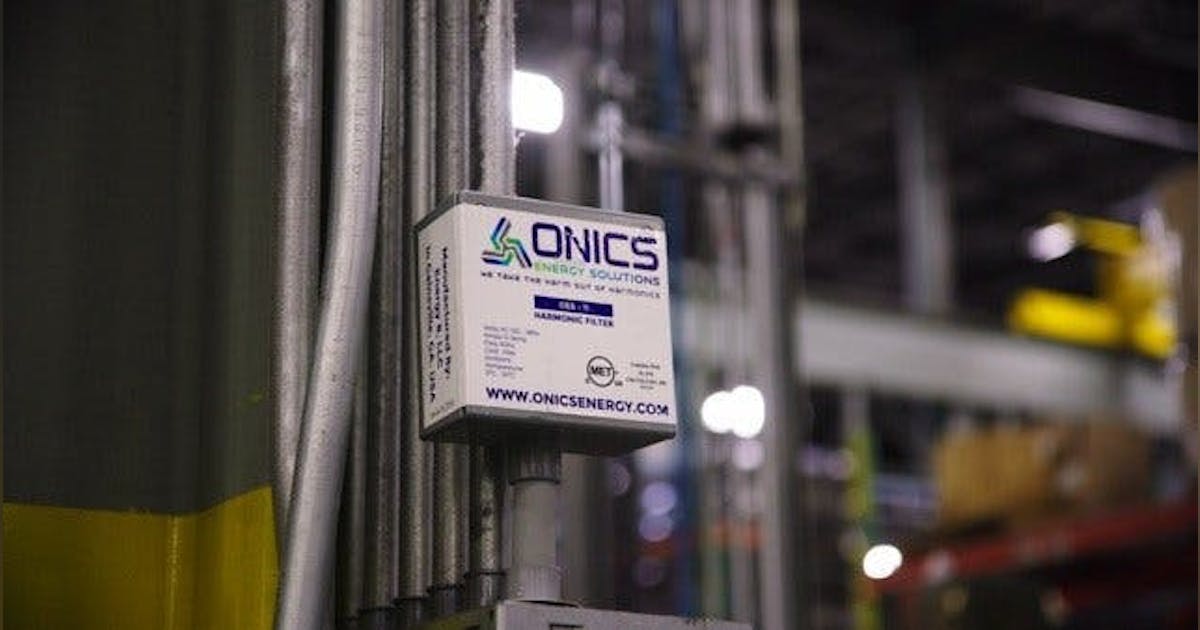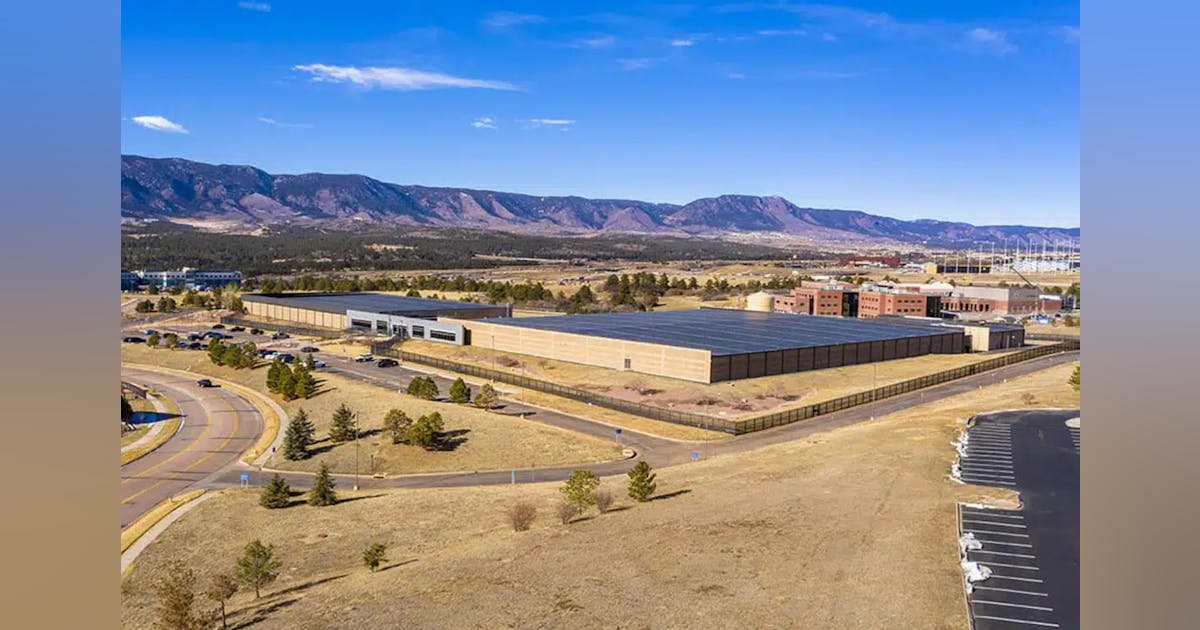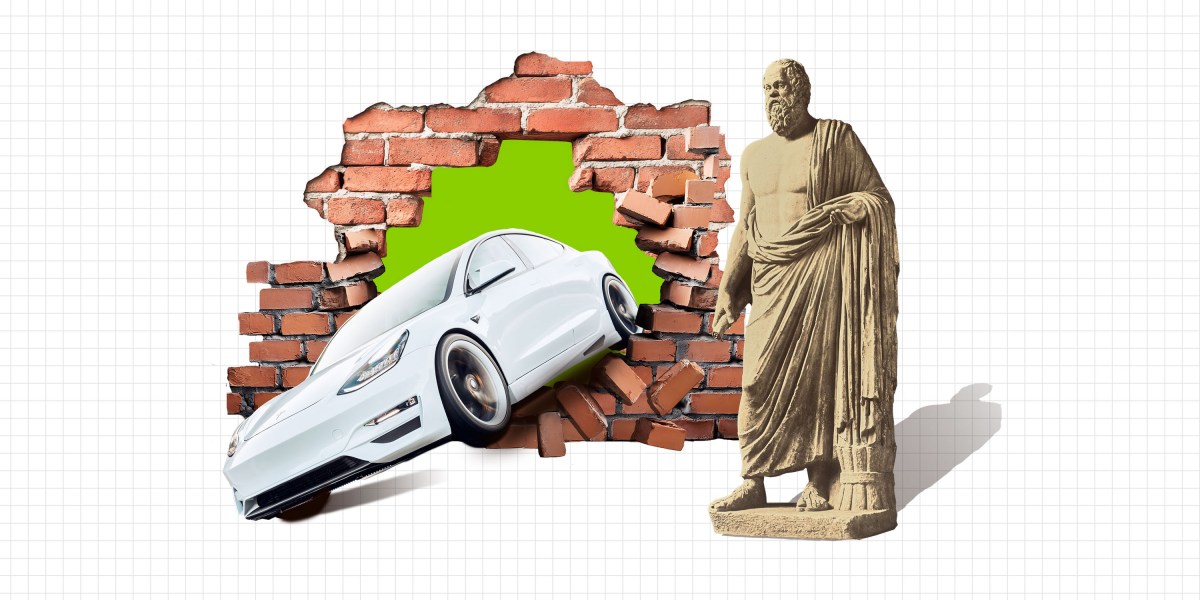
Chemicals billionaire Sir Jim Ratcliffe has said a tax on carbon emissions is “killing manufacturing” in Britain.
The chairman of Ineos, the fourth-biggest chemicals company in the world, said its plant at Grangemouth, near Falkirk, faces a £15-million tax bill for its carbon emissions in 2024.
Ratcliffe said the tax bill is a “heavy blow” for British firms and that it is slowing the Ineos’s attempts to become more energy efficient.
On Wednesday, firms will be required to pay the tax levied on their carbon emissions in 2024 under the UK emission trading scheme.
The scheme is designed to reduce carbon emissions across the economy by making it more expensive to burn fossil fuels and other waste.
Ratcliffe said businesses “can’t afford” to pay the levy at a time when UK energy costs remain high after prices spiked in 2022 and 2023.
He said: “To meet this tax obligation, we will be forced to pause vital investment in projects that were designed to make our operations more efficient and more sustainable. The irony isn’t lost on us.”
His intervention comes after Ineos saw its profits wiped out last year as it racked up large debt costs.
The company’s debt pile stood at more than 10.6 billion euros (£9bn) at the end of 2024, while it swung to a 71.1m euro (£60.5m) loss from a 407.8m euros (£347.3m) profit the previous year.
However, it still saw revenues rise nearly 9% to 16.2bn euros (£13.8bn) last year.
He continued: “This is not just Ineos, this is a reality for British manufacturers up and down the country: carbon emissions, taxes and excessive energy costs are squeezing the life out of the sector.
The billionaire said the tax could push some British manufacturing offshore to countries with “less stringent” emissions rules.
He added: “A tax designed to reduce emissions is, in practice, killing manufacturing, making the UK more dependent on imports and is increasing emissions.
“Give us competitive energy costs, give us the incentives to invest in new assets and to play our part in building a strong, sustainable industrial future.”
A spokesperson for the Department of Energy Security and Net Zero said: “Our mission is for clean power by 2030 because clean, homegrown energy is the best way to protect billpayers and boost Britain’s energy independence.
“A strong UK emissions trading scheme will play a key role in this, driving green investment as part of a broader industrial strategy, creating jobs and growing the UK’s economy.”

